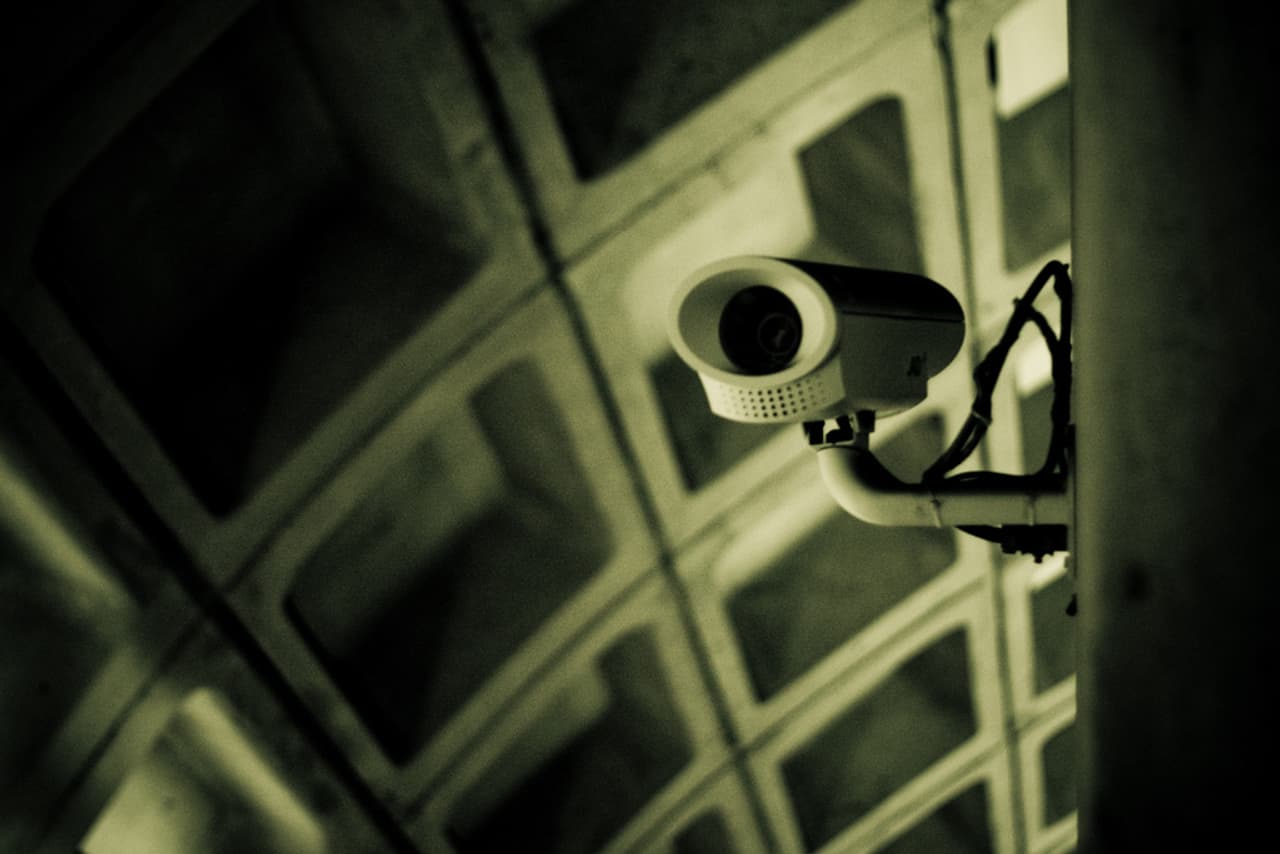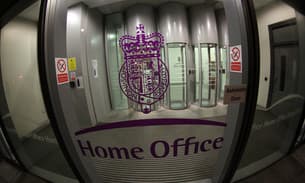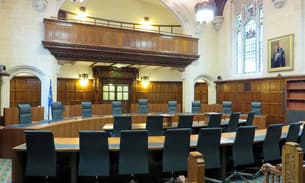
First ruling on interception of legally privileged material awaited
Surveillance via Flickr/Ep_jhu
Following last week’s revelations at the Investigatory Powers Tribunal (IPT) that intelligence agencies are intercepting the privileged communications between lawyer and client, the Special Immigration Appeals Commission (Siac) is now considering whether intercepted legally privileged material has had a bearing on a sensitive and long-running case.
At the Belhadj hearing last week, the government was forced to release secret policies showing that MI5 and GCHQ have been targeting lawyers’ communications and advising staff to use legally privileged material “just like any other item of intelligence.”
Dinah Rose QC, acting for Mr Belhajd, said “This [Belhajd] case is the tip of the iceberg. It raises questions about a large number of cases and about the integrity of judgments reached by courts in civil and criminal cases.”
Legal professional privilege (LPP) protects communications between lawyer and client by recognising them as private under common law. Hugh Southey QC, acting for the appellant at Siac, said he remained “fundamentally concerned that communications on our side of the fence have been accessed by the secretary of state or [intelligence] agencies”.
Siac heard that the main question in this case is whether or not there is a distinction between obtaining material covered by LPP, and the use of that material as evidence in the case. Southey argued that because LPP is a principle of common law there is no distinction between the government having intercepted the legally privileged material and using it. Even if material covered by LPP was not directly used as evidence, its interception could still have a bearing on the case, he said.
This is because government lawyers could use intercepted communications to investigate people or follow arguments they may not otherwise have been aware of. The intercepted LPP material would not be submitted, but the knowledge of its contents could still influence the case.
Southey suggested that if people can’t access lawyers with confidence it will undermine the basic fairness of the legal system. David Davis MP also addressed this point following the Belhadj hearing, saying, “Lawyer-client confidentiality is a foundation stone of our legal system.”
The judge at Siac said that intelligence agencies obtaining LPP material and it then potentially being used as evidence was a problem “not confined to this case”. He added that “even if policies are lawful and work as they are intended there is still a problem”.
The commission heard from the government that there is no evidence in this case that would “taint” proceedings. The government said case law made clear that the security service and the secretary of state were entitled to have and use material obtained, even that covered by LPP, as it is subject to identified safeguards under RIPA.
It should be “relatively easy” then for the commission to assess whether there has been any interception of legally privileged communications of the appellant in this case, Southey argued, as RIPA warrants ought to have been issued.
Communications between lawyer and client can be monitored under RIPA if it is suspected that legal professional privilege is being abused, or in other words, the communication between lawyer and client may result in a crime being committed. This communication would not be protected under LPP. However, if monitoring of these communications shows that LPP is not being abused then use of that material is not permitted.
From last week’s hearing at the IPT it is understood that some communications obtained by routine monitoring of the US National Security Agency (NSA) are covered by LPP. It was revealed last month, as part of an ongoing legal challenge on the legality of GCHQ’s mass surveillance, that GCHQ could gain access to NSA databases of intercepted communications without a warrant.
The commission acknowledged the need for a ruling and also the possible need for a closed hearing. The schedule for these is not clear.
Bureau case
The Bureau is currently bringing a case at the European Court of Human Rights challenging the UK government over surveillance of journalists communications. Of particular concern is the interception of communications between journalists’ and their sources, which could lead to them being identified and may also be unlawful under European human rights law.
You can read the court documents for our case here.
Follow Victoria Parsons on Twitter.




